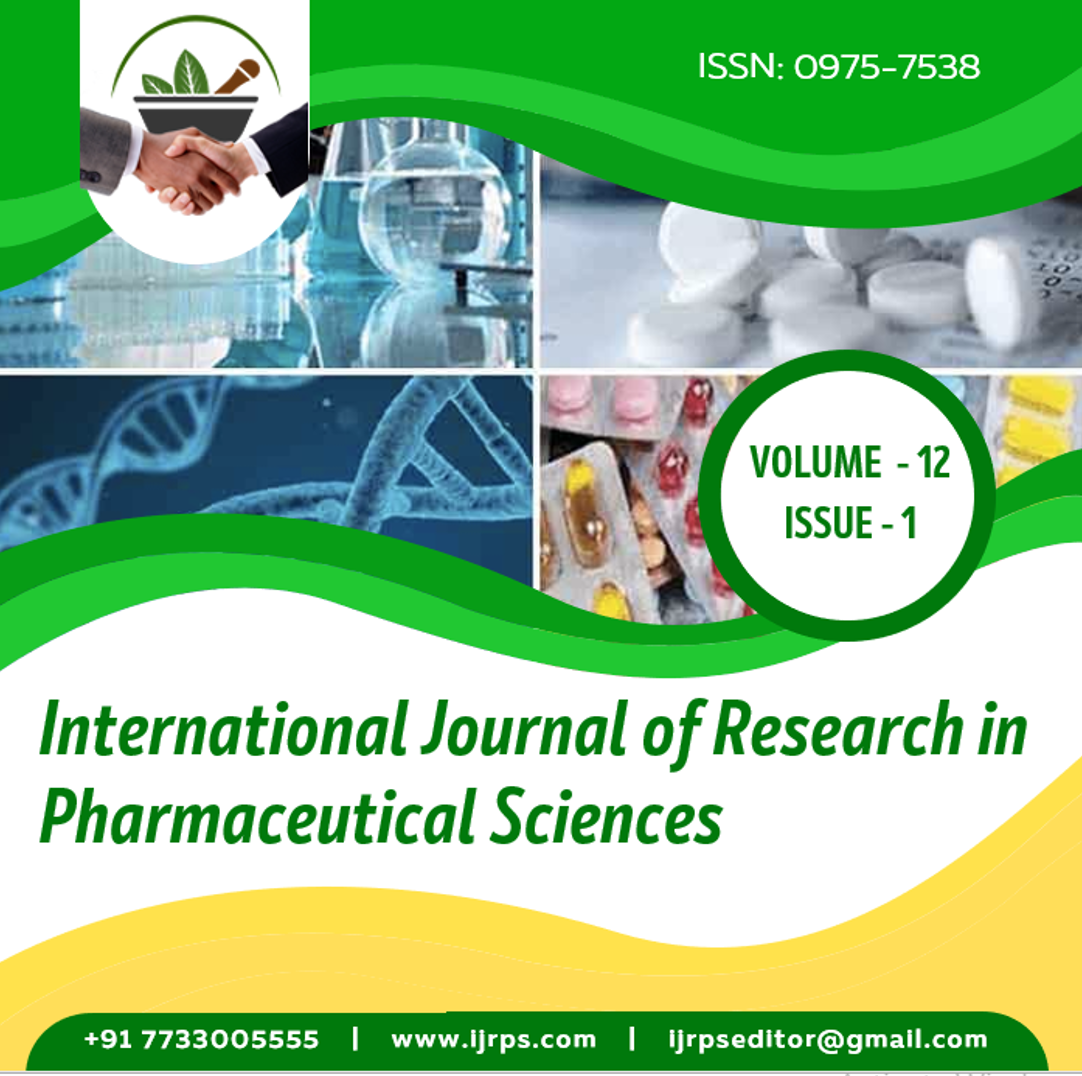Abstract
Asparaginase, derived from microbial origin hydrolyses L-asparagine to L- aspartic acid. The enzyme finds principal use in the treatment of Acute Lymphoblastic Leukemia during childhood that primarily occurs between two to ten years of age. L-Asparaginase finds its use in management of haemopoietic disorders especially in pediatrics that is caused due to proliferation and enlargement of lymphoblast in bone marrow and in blood as well as other part of the body. L- Asparaginase from bacterial sources exhibit quaternary and tertiary structural forms. However for using it in therapeutic and clinical application it should not generate any fatal allergic reaction to the patient. Such effects can occur due to the enzyme associated L-Glutaminase activity and also due to the endotoxins from bacteria in enzyme preparations. Therefore, with the recent development in biotechnology with respect to production and purification techniques it is possible to get pure L- asparaginase from microbial origin. The present article provides an insight into the mechanism of action of L-Asparaginase as an anticancer agent and its industrial applications.
Full text article
References
Aghaiypour, K., Wlodawer, A., Lubkowski, J. 2001. Structural Basis for the Activity and Substrate Specificity of Erwinia chrysanthemil- Asparaginase. Biochemistry, 40(19):5655– 5664.
Arif, H. M., Hussain, Z. 2014. Important sources and medicinal applications of L-Asparaginase. Int J Pharm Sci Rev, 3:35–45.
Broome, J. D. 1968. Division of Microbiology: L- Asparaginase: The Evolution Of A New Tumor Inhibitory Agent. Transactions of the New York Academy of Sciences, 30(5):690–704.
Delage, J. M., Simard, J., Lehner-Netsch, G., Barry, A. 1971. L-Asparaginase and Complement. Nature, 233(5320):485–486.
Distasio, J. A., Salazar, A. M., Nadji, M., Durden, D. L. 1982. Glutaminase-free asparaginase from vibrio succinogenes: An antilymphoma enzyme lacking hepatotoxicity. International Journal of Cancer, 30(3):343–347.
Dolowy, W. C., Henson, D., Cornet, J., Sellin, H. 1966. Toxic and antineoplastic effects of l-asparaginase: Study of mice with lymphoma and normal monkeys and report on a child with leukemia. Cancer, 19(12):1813–1819.
Iiboshi, Y., Papst, P. J., Hunger, S. P., Terada, N. 1999. l-Asparaginase Inhibits the Rapamycin-Targeted Signaling Pathway. Biochemical and Biophysical Research Communications, 260(2):534–539.
Jacque, N., Bouscary, D. 2014. Targeting glutamine uptake in AML. Oncoscience, 1(1):1–2.
Janin, J., Rodier, F., Chakrabarti, P., Bahadur, R. P. 2007. Macromolecular recognition in the Protein Data Bank. Acta Crystallographica Section D Biological Crystallography, 63(1):1–8.
Keating, M. J., Holmes, R., Lerner, S., Ho, D. H. 1993. L-Asparaginase and PEG Asparaginase— Past, Present, and Future. Leukemia & Lymphoma, 10:153–157.
Kidd, J. G. 1953. Regression Of Transplanted Lymphomas Induced In Vivo By Means Of Normal Guinea Pig Serum. The Journal of Experimental Medicine, 98(6):565–582.
Killander, D., Dohlwitz, A., Engstedt, L., Franzén, S., Gahrton, G., Gullbring, B., Holm, G., Holmgren, A., Höglund, S., Killander, A., Lockner, D., Mellstedt, H., Moe, P. J., Palmblad, J., Reizenstein, P., Skårberg, K. O., Swedberg, B., Udén, A. M., Wadman, B., Wide, L., Åhström, L. 1976. Hypersensitive reactions and antibody formation during L-asparaginase treatment of children and adults with acute leukemia. Cancer, 37(1):220–228.
Krall, A. S., Xu, S., Graeber, T. G., Braas, D., Christofk, H. R. 2016. Asparagine promotes cancer cell proliferation through use as an amino acid exchange factor. Nature Communications, 7(1):1–13.
Leventhal, B. G., Henderson, E. S. 1971. Therapy of acute leukemia with drug combinations which include asparaginase. Cancer, 28(4):825–829.
LN, R., Doble, M., Rekha, V. P. B., Pulicherla, K. K. 2011. In silico Engineering of L-Asparaginase to Have Reduced Glutaminase Side Activity for Effective Treatment of Acute Lymphoblastic Leukemia. Journal of Pediatric Hematology/Oncology, 33(8):617–621.
Nguyen, H. A., Su, Y., Zhang, J. Y., Antanasijevic, A., Caffrey, M., Schalk, A. M. 2018. A novel L- asparaginase with low L-glutaminase coactivity is highly efficacious against both T- and B-cell acute lymphoblastic Leukemias in vivo. Cancer Res, 78(6):1549–1560.
Pronk, M. M., Verger, P., Olempska-Beer, Z., Walker, R. 2008. Asparaginase from Aspergillus oryzae Expressed In Aspergillus oryzae. Safety evaluation of certain food additives and contaminants, 55.
Shrivastava, A., Khan, A. A., Khurshid, M., Kalam, M. A., Jain, S. K., Singhal, P. K. 2016. Recent developments in l-asparaginase discovery and its potential as anticancer agent. Critical Reviews in Oncology/Hematology, 100:1–10.
Solomon, B., Parihar, N., Ayodele, L., Hughes, M. 2017. Global incidence and prevalence of acute lymphoblastic leukemia: a 10-year forecast Bethlehem. J. Blood Disord. Transfus, 8:24–24.
Swain, A. L., Jaskolski, M., Housset, D., Rao, J. K., Wlodawer, A. 1993. Crystal structure of Escherichia coli L-asparaginase, an enzyme used in cancer therapy. Proceedings of the National Academy of Sciences, 90(4):1474–1478.
Tareke, E., Rydberg, P., Karlsson, P., Eriksson, S., Törnqvist, M. 2002. Analysis of Acrylamide, a Carcinogen Formed in Heated Food stuffs. Journal of Agricultural and Food Chemistry, 50(17):4998– 5006.
Verma, N., Kumar, K., Kaur, G., Anand, S. 2007. L-Asparaginase: A Promising Chemotherapeutic Agent. Critical Reviews in Biotechnology, 27(1):45– 62.
Wierzbowska, A., Robak, T., Pluta, A., Wawrzyniak, E., Cebula, B., Hołowiecki, J., Kyrcz-Krzemień, S., Grosicki, S., Giebel, S., Skotnicki, A. B., PiątkowskaJakubas, B., Kuliczkowski, K., Kiełbiński, M., Zawilska, K., Kłoczko, J., Wrzesień-Kuś, A. 2008. Cladribine combined with high doses of arabinoside cytosine, mitoxantrone, and G-CSF (CLAG-M) is a highly effective salvage regimen in patients with refractory and relapsed acute myeloid leukemia of the poor risk: a final report of the Polish Adult Leukem. European Journal of Haematology, 80(2):115–126.
Authors

This work is licensed under a Creative Commons Attribution-NonCommercial-NoDerivatives 4.0 International License.

